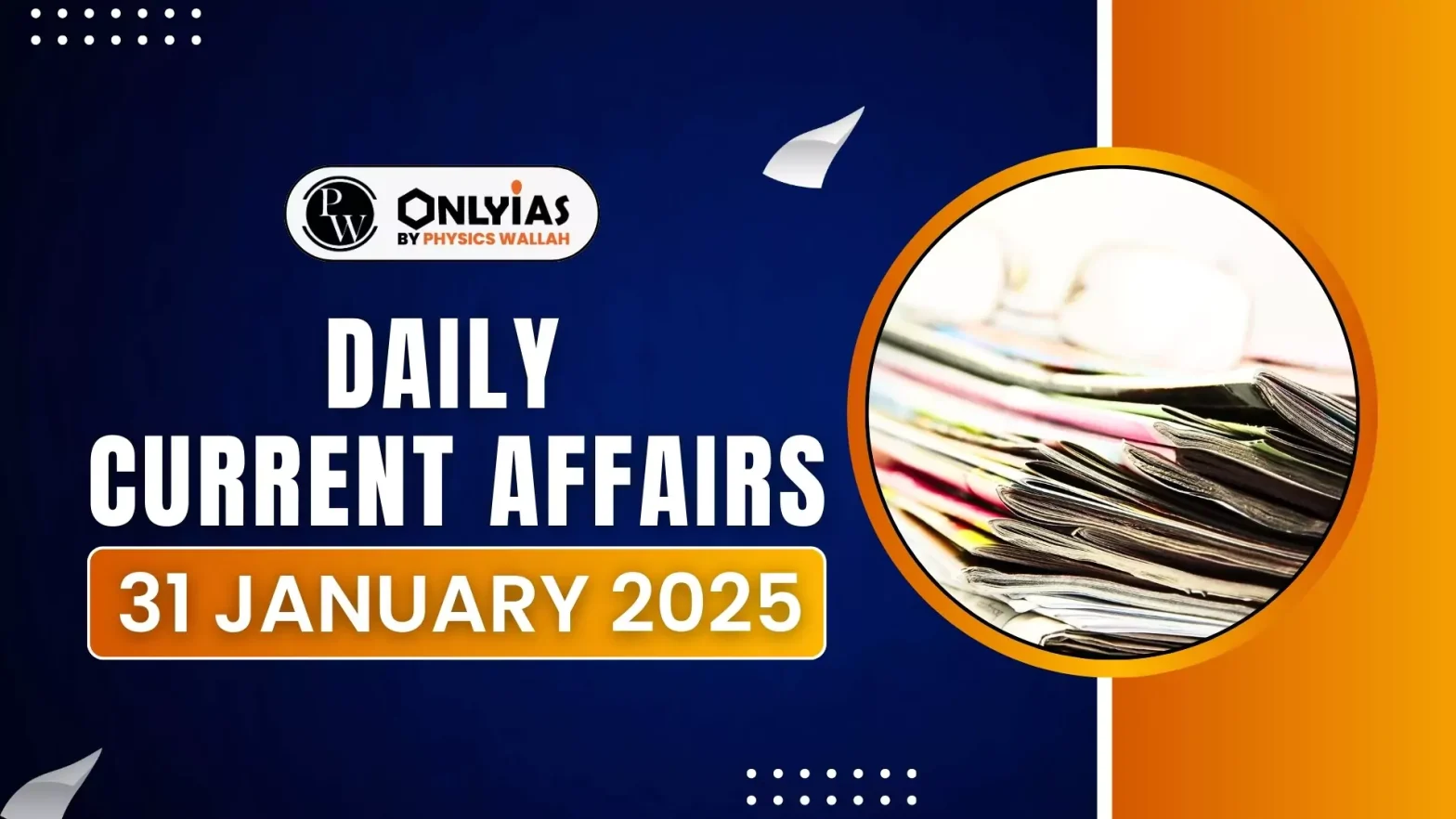Recently, the Supreme Court declared domicile-based reservations for postgraduate (PG) medical courses within the state quota unconstitutional, stating that it violates the right to equality under Article 14 of the Constitution
- The judgment came in response to appeals against a Punjab and Haryana High Court ruling in Tanvi Behl v. Shrey Goel and others (2025) case that had scrapped such domicile-based reservations in PG medical admissions.
Domicile Quota in PG Medical Admissions: Current System
- For PG medical seats, the Centre conducts counseling for 50% of the total intake.
- The remaining 50% (State quota) is filled by state counseling bodies as per their own rules, often including domicile-based reservations.
|
Enroll now for UPSC Online Course
Key Highlights of the Judgment
- Violation of Right to Equality (Article 14): The Court held that domicile-based reservation in PG medical courses violates Article 14 of the Constitution, which guarantees the Right to Equality.
- Such reservations treat students from other states unequally, denying them equal opportunities.
- Permissibility in MBBS vs. PG Courses: The Court clarified that while domicile-based reservation may be permissible to a certain degree in MBBS courses, it is impermissible in PG medical courses.
- PG courses require highly specialized doctors, and reservations based on domicile would compromise merit and quality.
- Common Domicile of India: The Court emphasized that all Indians have only one domicile, i.e., the Domicile of India (as per Article 5).
- The concept of State or provincial domicile is a misconception in India.
- Merit-Based Admissions: The Court ruled that State quota seats (50% of total PG seats) must be filled strictly on the basis of merit in the all-India examination.
- Only a reasonable number of institution-based reservations can be allowed.
- No Impact on Past Admissions: The judgment will not affect admissions already granted based on domicile-based reservations.
Constitutional Provisions
- Article 5: Citizenship Provisions
- Refers to domicile in the territory of India, establishing a single Indian domicile.
- No provision for state-wise domicile.
- Article 14: Right to Equality
- Ensures equality before law and equal protection of laws.
- Basis for striking down residence-based reservations.
- Article 15:- Prohibition of Discrimination
- Prohibits discrimination based on religion, race, caste, sex, or place of birth.
- Does not explicitly mention residence but allows reservations for backward classes and EWS.
- Article 16: Equality in Public Employment
- Article 16 (2): No citizen shall, on grounds only of religion, race, caste, sex, descent, place of birth, residence or any of them, be ineligible for, or discriminated against in respect of, any employment or office under the State.
- Article 16(3): Allows the Parliament to make any law prescribing residence within a State or UT in regard to a class or classes of employment under the Government of State/ UT or local authority.
- Article 19(1)(e): Every citizen has the right to reside and settle in any part of India, which essentially means they can live and study anywhere in the country without discrimination based on their place of origin or other factors.
|
Check Out UPSC CSE Books From PW Store
Reasons for the Judgment
- Specialized Nature of PG Courses: PG medical courses require highly skilled professionals, and reservations based on domicile would compromise merit and quality.
- Violation of Fundamental Rights: Domicile-based reservations infringe on the fundamental rights of students from other states, denying them equality in educational opportunities.
- Precedent from Dr. Pradeep Jain vs Union of India (1984): The Supreme Court had previously held that residence-based reservations in PG medical courses are violative of Article 14.
- However, some reservation in MBBS courses is permissible due to:
- State expenditure on infrastructure and medical colleges.
- Consideration of local needs and backwardness of the area.
Ready to boost your UPSC 2025 preparation? Join PW’s UPSC online courses today!
![]() 31 Jan 2025
31 Jan 2025
